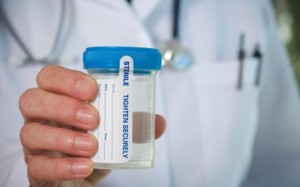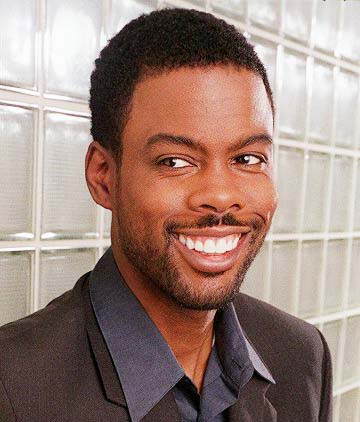California Ballot Initiative Gaining Popularity

An interesting political battle is shaping up in the State of California.
On one side is Consumer Watchdog, founded by Harvey Rosenfield in 1985. Rosenfield worked with Ralph Nader on campaign financing reform and nuclear power proliferation. According to the Aug. 1 issue of The New York Times, Jamie Cort, now the group’s president, predicts drug-testing doctors “will spread like wildfire if the voters of California give it a nod.” Erin Brockovich jumped on the bandwagon in late July.
The activists want California to become the first state to add physicians onto a growing number of professionals – pilots, professional drivers and public-service employees – that risk draconian penalties if they fail random and on-the-scene accident drug-testing. Aligning themselves with Consumer Watchdog is California’s association of trial lawyers, including U.S. House minority leader Nancy Pelosi.
Once the initiative passes, the legal beagles plan to give themselves a pay raise. Piggybacked onto Proposition 46 is an end to the 29-year-long cap for pain-and-suffering awards, raising it from $250,000 to $1.1 million. In opposition is the California Medical Association, unions representing various other medical workers, the state’s Chamber of Commerce and California’s chapter of Planned Parenthood, a longtime advocate for OB-GYN doctors.
These opponents argue the end game has little to do with drug-testing doctors, and they worry that doctors’ insurance premiums will skyrocket if the pain and suffering limit increases more than four times the current limit. Historically, doctors’ insurance rates were pushing medical professionals out of the state until the pain-and-suffering cap was mandated in 1975.
The California ballot measure threatens to dwarf all other state political races in November, and out-of-state medical professionals, including Johns Hopkins University, the Department of Health and Human Services and New York University, have joined in the chorus embracing passage.
Consumer Watchdog cites California Medical Board estimates that “18% of doctors will have a substance abuse problem at some point during their careers, and that 1-2% will abuse drugs or alcohol at any given time. A review of California physician disciplinary records found that one in six actions involved substance abuse, including self-use or overprescribing.”
Seemingly lost in the debate are physicians who drink coffee or take over-the-counter stimulants. Or doctors who use cannabis while on holiday and show a positive reading upon his or her return. Will that medical professional be weeded out from the pool? Another thing: Will California’s head-long quest to drug-test doctors ripple out to other Golden State-licensed professional occupations?
Like attorneys, for instance. One might reasonably suspect trial lawyers in that state could be next, right?
Nah, I doubt it, but it’s fun to contemplate.
UPDATE (8/17/14): Proposition 46 will appear on the California ballot on November 4th, and a growing list of opponents warn of the consequences of passage. Get the full background here: controversy growing over California ballot measure.




